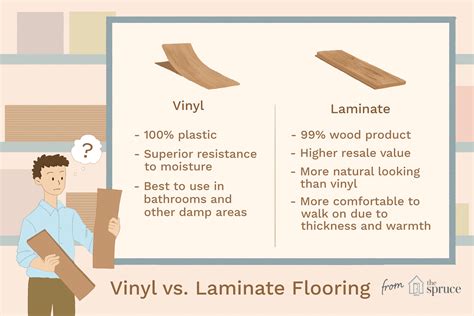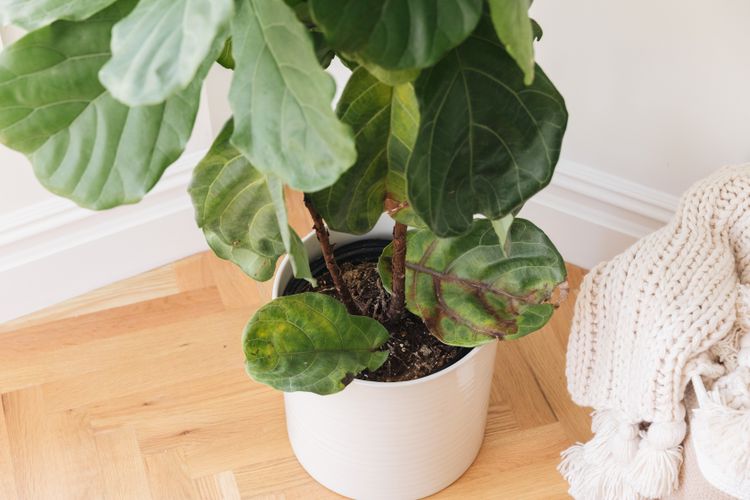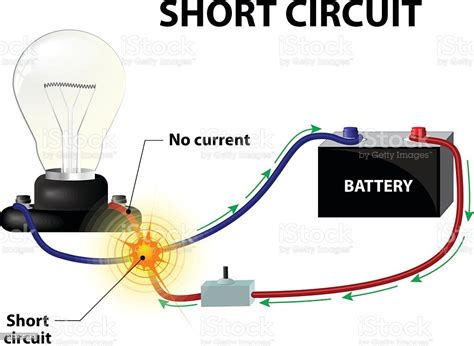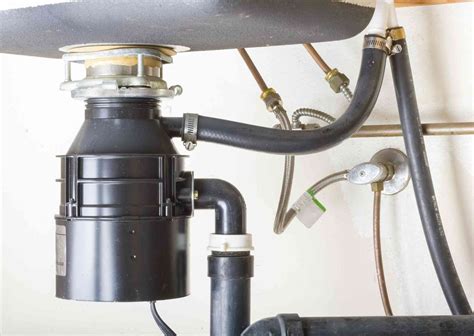
When it comes to choosing the perfect flooring for your home, there are numerous options available. Among the popular choices are vinyl and laminate flooring, both known for their durability and affordability. However, they differ in several key aspects that can greatly impact your decision-making process. In this article, we will explore the major differences between vinyl and laminate flooring, covering various aspects such as appearance, cost, water resistance, durability, installation, and more. So, let’s dive in and discover which flooring option is the right fit for you.
Vinyl Flooring
Vinyl flooring offers a wide range of styles and designs that can mimic the look of natural materials like wood or stone. With advancements in technology, vinyl flooring has become incredibly realistic and aesthetically appealing. It is available in various colors, patterns, and textures, providing versatility and customization options to suit any interior decor. Whether you desire a rustic hardwood look or a sleek and modern design, vinyl flooring can deliver.
Laminate Flooring
Laminate flooring, similar to vinyl, replicates the appearance of wood, stone, or tile but is constructed differently. It consists of several layers, including a photographic layer that creates the desired visual effect. Laminate flooring tends to have a slightly more textured and embossed surface, imitating the feel of real wood or stone. It also offers a wide array of designs, patterns, and finishes to choose from, providing flexibility in achieving the desired aesthetic.
Appearance
*Laminate Flooring:* With its textured surface and embossed finishes, laminate flooring often looks remarkably similar to natural hardwood or stone. It can convincingly replicate the grain patterns, knots, and color variations found in real wood, giving your space an authentic and stylish appeal.
*Vinyl Flooring:* Vinyl flooring has made significant strides in replicating the appearance of natural materials. Its photographic layer technology creates intricate designs, making vinyl flooring virtually indistinguishable from real hardwood or stone. The wide range of available patterns and finishes ensures you’ll find the perfect look for your home.
Cost
*Laminate Flooring:* Known for its affordability, laminate flooring offers a cost-effective alternative to expensive hardwood or stone flooring. It provides the look of real wood or stone at a fraction of the price, making it an attractive option for budget-conscious homeowners.
*Vinyl Flooring:* Vinyl flooring is also known for its affordability, often being more cost-effective than laminate flooring. With its ability to replicate high-end materials, vinyl flooring allows you to achieve a luxurious look without breaking the bank.
Water Resistance
*Laminate Flooring:* Laminate flooring is moderately resistant to water, but excessive moisture can damage its core and cause swelling or warping. It is important to clean up spills promptly and avoid installing laminate flooring in areas prone to high humidity or moisture, such as bathrooms or basements.
*Vinyl Flooring:* Vinyl flooring excels in water resistance, making it an ideal choice for areas with high moisture levels. It is highly resistant to water damage, making it suitable for bathrooms, kitchens, and laundry rooms where spills and humidity are common.
Durability and Maintenance
*Laminate Flooring:* Laminate flooring is durable and can withstand moderate foot traffic. It is resistant to scratches, stains, and fading, making it suitable for most residential areas. However, it may not be as durable as vinyl flooring and can be more prone to damage from heavy impacts or sharp objects.
*Vinyl Flooring:* Vinyl flooring is highly durable and can handle high foot traffic, making it suitable for both residential and commercial spaces. It is resistant to scratches, stains, and fading, providing a long-lasting flooring option that requires minimal maintenance.
Installation
*Laminate Flooring:* Laminate flooring installation
typically involves interlocking planks that float over the subfloor. It is a relatively straightforward process, often suitable for DIY enthusiasts. Laminate flooring can be installed on top of existing floors, saving time and money on subfloor preparation.
*Vinyl Flooring:* Vinyl flooring installation can be done in several ways, including glue-down, click-lock, or loose-lay methods. Glue-down vinyl requires adhesive application, while click-lock and loose-lay options allow for easier installation and future removal. Depending on the chosen method, professional installation may be required.
Lifespan
*Laminate Flooring:* With proper care and maintenance, laminate flooring can last between 15 to 25 years. However, it may not be as durable as other flooring options, and heavy wear and tear can reduce its lifespan.
*Vinyl Flooring:* Vinyl flooring is known for its longevity and can last anywhere from 20 to 30 years or more, depending on the quality and maintenance. Its resistance to stains, scratches, and fading contributes to its extended lifespan.
Conclusion
When it comes to choosing between vinyl and laminate flooring, understanding the differences is crucial. While both options offer affordability and a variety of designs, their water resistance, durability, installation methods, and lifespan vary. Laminate flooring excels in mimicking the appearance of natural materials, while vinyl flooring offers superior water resistance and durability. Consider your specific needs, budget, and lifestyle before making a decision.
FAQs
1. Can vinyl flooring be installed in bathrooms?
Yes, vinyl flooring is an excellent choice for bathrooms due to its high water resistance. It can withstand moisture and spills without sustaining damage, making it a practical and stylish option.
2. Is laminate flooring suitable for areas with pets?
Laminate flooring can withstand moderate wear and tear, including the presence of pets. However, it may not be as resistant to scratches and damage as vinyl flooring, so taking precautions and regularly trimming your pets’ nails is recommended.
3. Are there eco-friendly options available for vinyl and laminate flooring?
Yes, both vinyl and laminate flooring have eco-friendly options. Look for products labeled as low VOC (Volatile Organic Compounds) and made from recycled or sustainable materials to minimize environmental impact.
Top Brands
*Laminate Flooring:* Some of the top laminate flooring brands include Pergo, Armstrong, Mohawk, and Shaw.
*Vinyl Flooring:* Leading vinyl flooring brands include Mannington, Armstrong, Karndean, and Shaw.
In conclusion, when deciding between vinyl and laminate flooring, consider factors such as appearance, cost, water resistance, durability, installation, and lifespan. Understanding your specific needs and preferences will help you make an informed choice that fits your budget and lifestyle.






